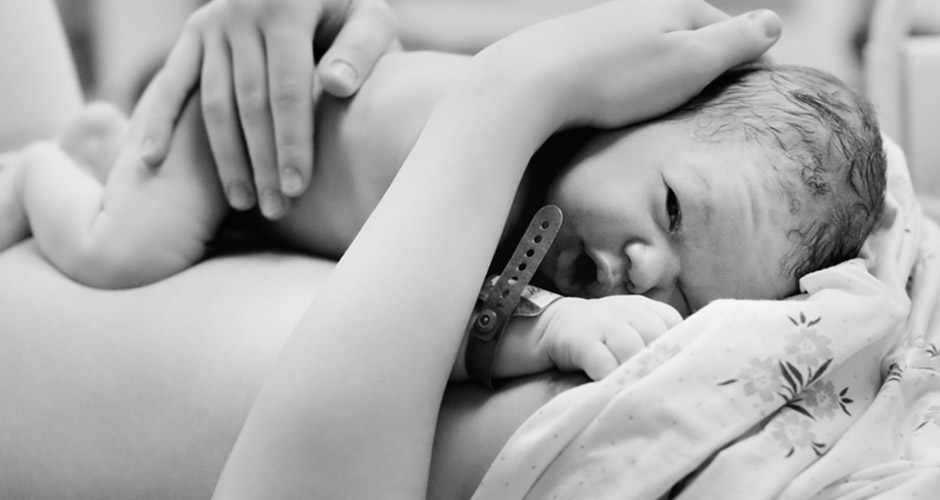Women with Endometriosis May Require Additional Care During Pregnancy and Labour
May 25, 2017
The researchers compared the pregnancy outcome of these women with the pregnancy outcome of 300 women who were not diagnosed with endometriosis.
Women with endometriosis have a higher risk of bleeding after giving birth, found a study published in the Chinese Medical Journal. In addition, women with endometriosis who conceived by assisted reproduction may also have a higher risk of bleeding after giving birth and of giving birth prematurely compared to those who conceived naturally.
"This suggests that women with endometriosis, especially those who conceived by [assisted reproduction], require additional care during pregnancy and delivery," wrote Dr. Hui Li of the Gynecological Oncology Center at Peking University People′s Hospital in Beijing, China and the co-authors of the study.
In order to assess the effects of endometriosis on the outcome of pregnancy, the team analyzed 98 women with endometriosis. All women had been diagnosed with endometriosis by laparoscopic surgery and were in their first pregnancy. Seventy-four of the women had conceived natural and 24 had conceived by assisted reproduction.
The researchers compared the pregnancy outcome of these women with the pregnancy outcome of 300 women who were not diagnosed with endometriosis.
They found that 23.5% of women with endometriosis (23 out of 98) had a miscarriage while the remaining 75 had a live birth. They calculated that the risk of bleeding following delivery was significantly higher in women with endometriosis than in those without.
In addition, women with endometriosis had a tendency of developing other pregnancy-related complications such as giving birth prematurely, placental abruption where the placenta starts to come away from the inside of the womb wall, the placenta lying unusually low in the uterus, known as placenta previa, the need for Cesarean section, and distress and anaemia in the fetus. However, the differences were not significant between women with and without endometriosis.
When they compared women with endometriosis who had conceived naturally and those who had conceived using assisted reproduction, the researchers found that women who had conceived using assisted reproduction had a higher risk of bleeding following delivery (44.4% compared to 17.5%) and a higher risk of premature birth (27.8% compared to 1.8%). Women with endometriosis who had conceived by assisted reproduction gave birth at 38 weeks on average, while those who conceived naturally gave birth at 39 weeks on average.
The effect of endometriosis on pregnancy and pregnancy-related complications has been inconsistent. Many studies suggested that endometriosis may have a negative impact on pregnancy and childbirth, while others reached the opposite conclusion that the disease does not affect the outcome of pregnancy. However closely monitoring pregnant women with endometriosis and providing them with additional care during delivery could lower the risk of adverse outcome.
Research Source: http://www.cmj.org/article.asp?issn=0366-6999;year=2017;volume=130;issue=4;spage=428;epage=433;aulast=Li
endometriosis care pregnancy labor and pregnancy

